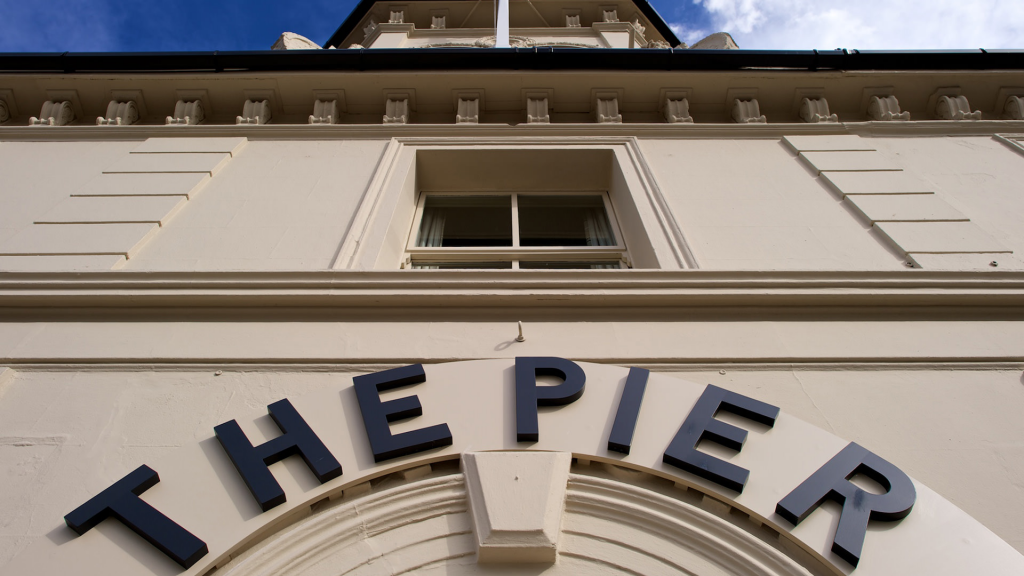Food and beverage outlets from across the UK have announced the launch of ‘Mayflower’ themed menus and experiences, inspired by the upcoming Mayflower 400 anniversary in 2020, marking four centuries since the historic voyage of the Mayflower ship and the Pilgrims from the UK to the ‘New World’ of America.
The School of Artisan Food in Nottinghamshire has launched a 1-2 day cooking course ; Succour & Sustenance, that will teach guests what the Mayflower Pilgrim families ate and drank and why. Course highlights will include tasting and making regional cheeses using traditional recipes from the surrounding villages of the Pilgrims and learn all about the wild meat featured in their first Thanksgiving meal in the New World.
Attendees will also find out the history of the Raised Pie used by the Pilgrims to preserve their meat as well as learning how to make their own. They will also be able to see the process behind how Small Beer – the table water of the time – is made as well as sampling the product for themselves.
Droitwich Spa, housed on the former Brine Baths site, which was first established in the 1880’s is now producing Droitwich Salt, which is available for sale. September 2019 will also see Salt Fest take place at Droitwich Spa.
At Droitwich Spa and Heritage Centre, the salt industry can be traced, using displays and many old photographs, through Roman, Saxon and Medieval periods including the 16th Century when Pilgrim Edward Winslow’s father owned a salt pit.
The Pier at Harwich have also launched a three course Mayflower themed dinner for £20.20, symbolic of the 2020 anniversary next year. The menu, rolled out from January 2019 will change every two weeks and the first menu has an American theme including New England clam chowder, Bourbon glazed chicken and steak and kidney pudding. Reflecting the ties the coastal town has with Mayflower master of the ship Captain Jones who was twice wed in the town.
Many towns, village and cities across England are connected to the Mayflower story. The anniversary provides an opportunity to explore the heritage of England’s food and drink and reflect on the influence that the migration of the Pilgrims in 1620 had on food heritage.



